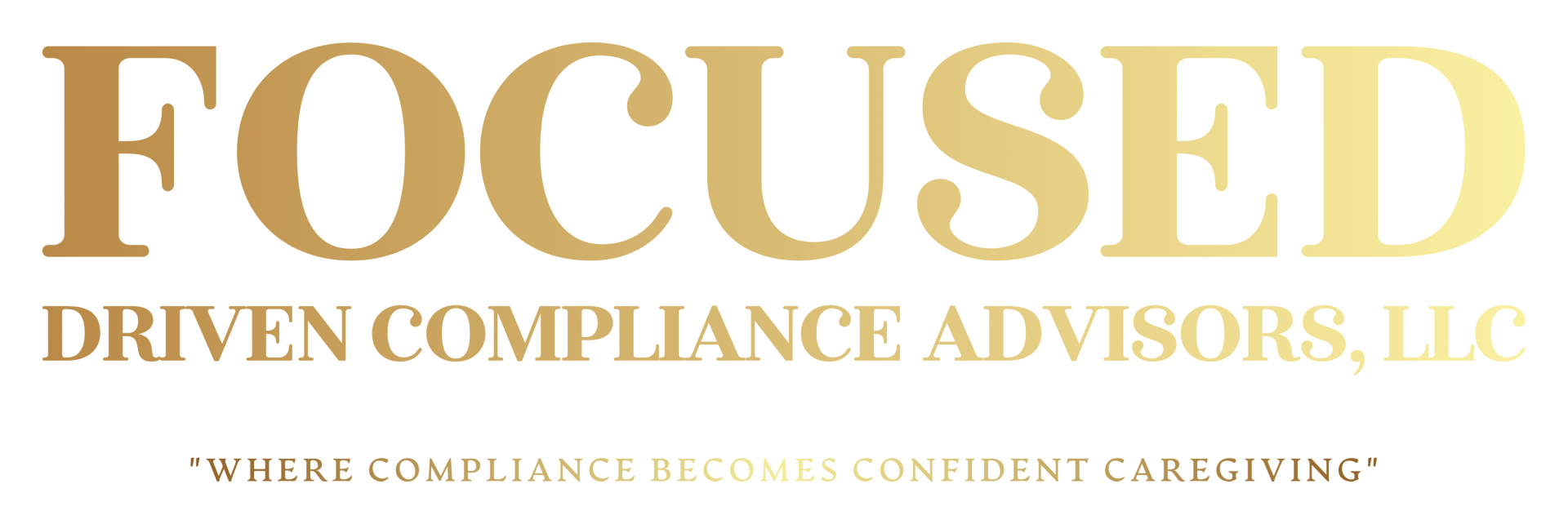Case Study: An agency recognized for its high standards faced a series of non-compliance issues that threatened its reputation. By adopting a proactive approach, which included a comprehensive review and overhaul of their compliance procedures and extensive staff training, they were able to address the issues effectively. Within a year, they not only resolved the non-compliance issues but also improved their operational efficiency and staff morale.
Conclusion: Handling non-compliance proactively is essential for maintaining the quality and integrity of your services. By identifying early signs, implementing effective strategies, and creating a compliance-focused culture, you can ensure your agency remains compliant and continues to provide high-quality care.
Conclusion: Handling non-compliance proactively is essential for maintaining the quality and integrity of your services. By identifying early signs, implementing effective strategies, and creating a compliance-focused culture, you can ensure your agency remains compliant and continues to provide high-quality care.

